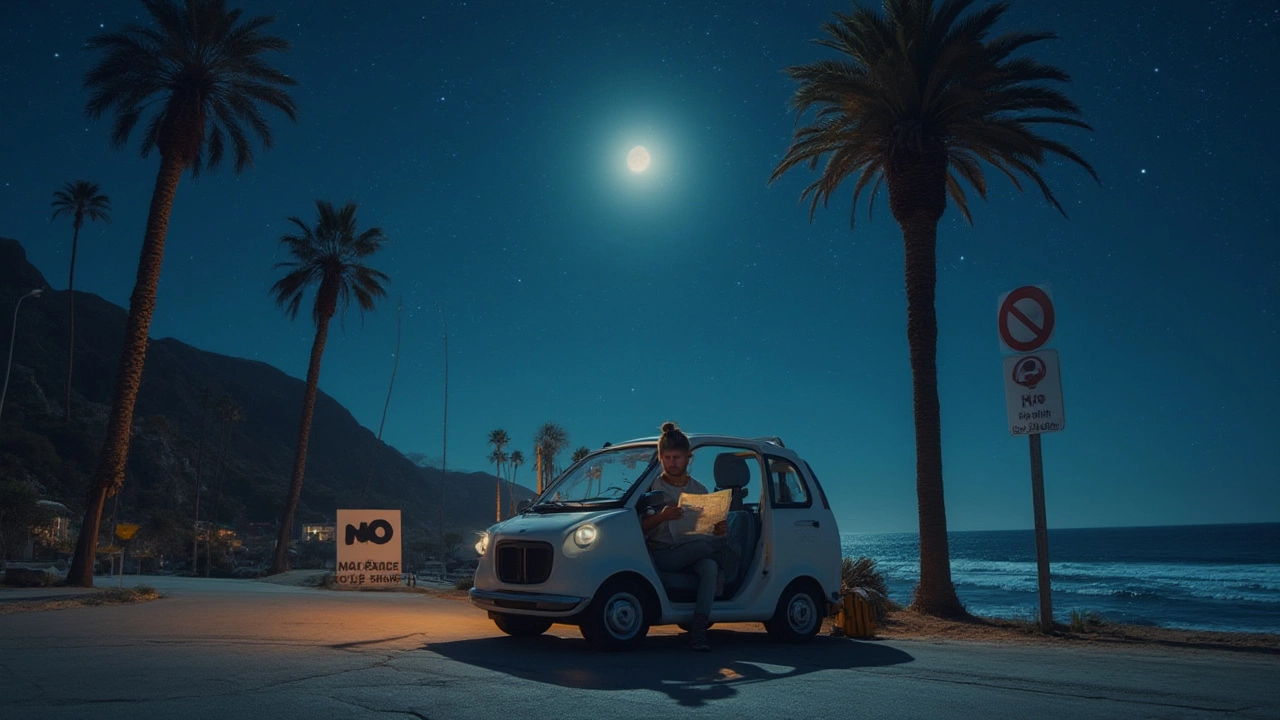Car Camping Legal California: Where You Can Sleep & Park Without a Ticket
If you love the freedom of sleeping in your car but aren’t sure where California lets you do it, you’re in the right place. This guide breaks down the real rules, the safest spots, and the tricks seasoned road‑trippers use to stay legal and comfortable.
First off, California isn’t a free‑for‑all when it comes to sleeping on the side of the road. State law says you can rest in a vehicle parked on a public highway only if it’s a short‑term stop – think a quick nap or a bathroom break. Anything longer than a few hours can be considered “overnight parking,” which many cities treat as illegal.
Legal Roadside Sleeping
Most counties allow you to pull over at rest areas, truck stops, or designated pull‑outs for a few hours. Rest areas are the safest bet because they’re built for short stays and usually have lighting and restroom facilities. Just make sure you’re not blocking traffic and keep the engine off.
When you’re on a highway, look for signage that says “Parking allowed” or “No overnight parking.” In places where signs are missing, a good rule of thumb is to keep your stay under two hours. If you need a longer break, head to a nearby Walmart, Cracker Barrel, or similar business that welcomes RVs and car campers. Many store managers will let you stay for the night if you ask politely and keep a low profile.
Cities like Los Angeles and San Francisco have stricter rules. Parking on city streets after midnight often results in a ticket or tow. Instead, use municipal parking garages that offer 24‑hour access or look for city‑run campgrounds that let you park a car for a night at a modest fee.
Beach and Coastal Car Camping
California’s coastline is a magnet for car campers, but not every beach lets you park overnight. State parks such as Doheny State Beach and San Elijo State Beach allow car camping in designated lots, but you’ll need a reservation and a small fee. These spots give you beach access, restrooms, and sometimes even fire pits.
If you’re after a free experience, head to less‑known public beaches in northern or central California. Places like Hueneme Beach in Ventura County or certain stretches of the Pacific Coast Highway have spots where you can pull onto the shoulder, lock your doors, and sleep. The key is to arrive early, set up a low‑profile tarp or a small blanket, and leave no trace.
Always check local ordinances before you settle in. Some counties enforce “no camping on public beaches” rules, and getting caught could mean a hefty fine. A quick call to the county sheriff’s office or a glance at the city’s website can save you a lot of hassle.
Regardless of where you park, keep safety in mind. Choose well‑lit areas, keep valuables out of sight, and let someone know your route. A simple car‑camping checklist – sleeping bag, window shades, a portable charger, and a water bottle – can turn a legal spot into a comfortable night’s sleep.
Bottom line: Car camping in California is totally doable if you respect local rules, pick the right spots, and stay low‑key. Use rest areas for short stops, scout city‑approved parking for longer stays, and explore free beach pulls when you’re ready for a coastal vibe. With a bit of planning, you’ll enjoy the open road without the worry of tickets or tow trucks.
-
 VIEW POST
VIEW POSTCan You Sleep in Your Car at California Beaches? Rules, Risks & Tips
Jul, 27 2025|0 CommentsThinking of sleeping in your car at California beaches? Here's what you need to know about local rules, risks, and smart tips to avoid fines or trouble.